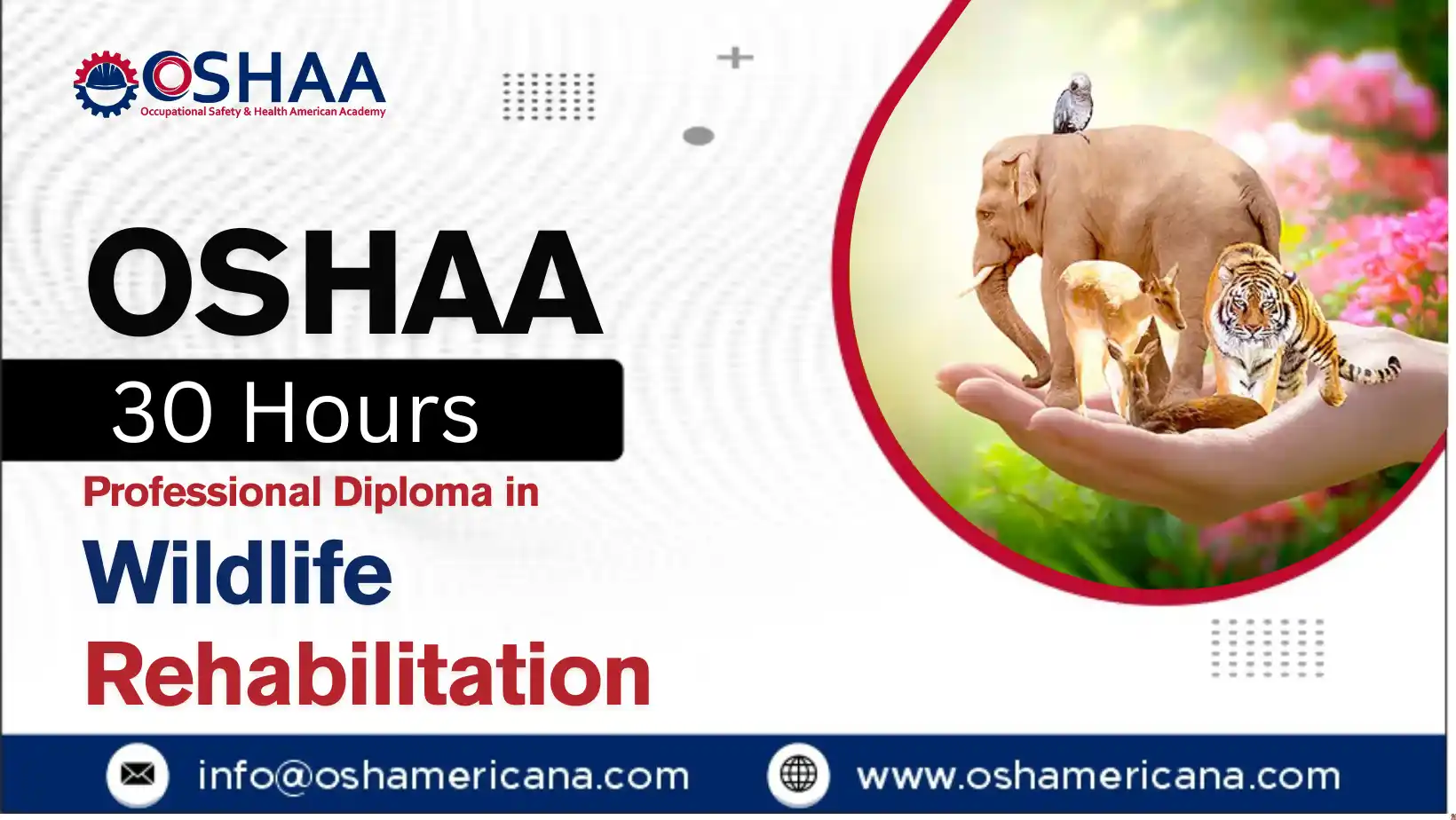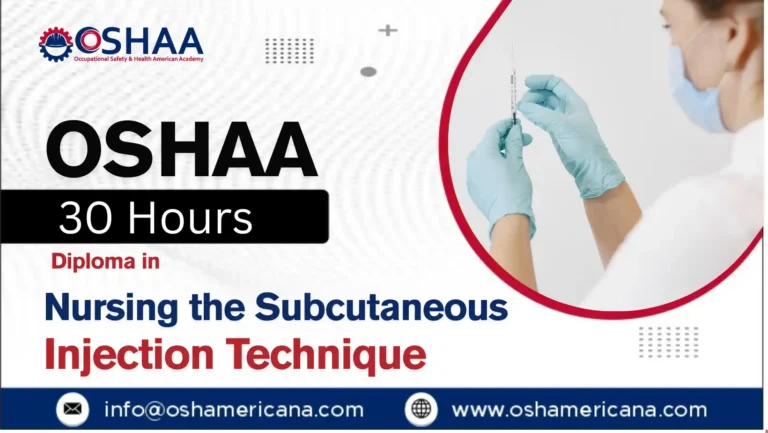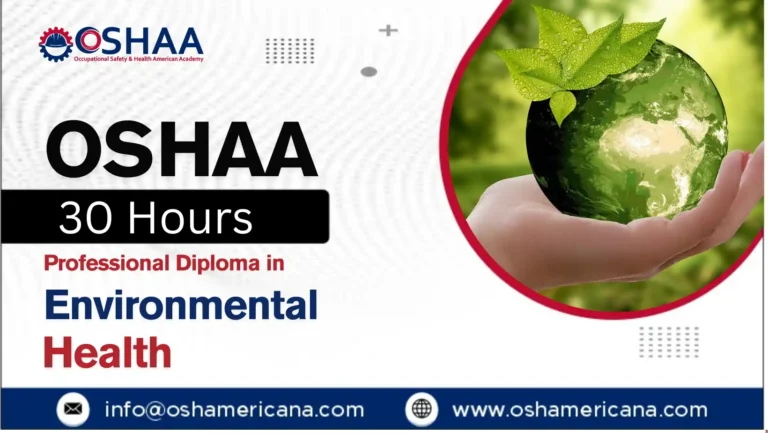Master Wildlife Care with Professional Diploma in Rehabilitation
The OSHAA 30-Hours Professional Diploma in Wildlife Rehabilitation is a meticulously designed programme that equips participants with the foundational knowledge and practical competencies required to care for injured, orphaned, or displaced wild animals. This diploma is ideal for those passionate about animal welfare, conservation, and environmental stewardship, offering an entry point into the rewarding field of wildlife rehabilitation.
Wildlife rehabilitation is a critical aspect of conservation and animal welfare. It involves the treatment and care of wild animals with the goal of returning them to their natural habitats. The OSHAA diploma introduces participants to the ethical principles, legal frameworks, and scientific techniques essential for safe and effective wildlife care.
The OSHAA 30-Hours Professional Diploma in Wildlife Rehabilitation is suited for participants who are passionate about wildlife conservation and eager to make a tangible impact. Whether aiming to begin a new career, enhance existing responsibilities in animal care roles, or support volunteer efforts in wildlife centres, this diploma offers the skills and recognition needed to contribute meaningfully.
Upon successful completion, participants may pursue further qualifications in zoology, veterinary nursing, or wildlife management. The diploma also serves as a stepping stone towards more advanced certifications in animal welfare, ecology, or environmental science.
Wildlife rehabilitation requires both compassion and competence. The OSHAA 30-Hours Professional Diploma delivers both by preparing participants to act responsibly and effectively in wildlife rescue and care. As the demand for skilled individuals in conservation grows, this diploma offers a timely and valuable opportunity to turn a passion for animals into professional impact.
OSHAA 30-Hours Professional Diploma in Wildlife Rehabilitation
Study Units
Learning Outcomes
Introduction to Wildlife Rehabilitation and Ethical Foundations (3 Hours)
- Understand the core principles of wildlife rehabilitation
- Recognise ethical responsibilities in caring for wild animals
- Identify the role of rehabilitators within broader conservation efforts
- Develop awareness of humane practices and animal welfare standards
- Apply ethical considerations to all aspects of wildlife care
Legal and Regulatory Frameworks in Wildlife Care (3 Hours)
- Understand national and international wildlife protection laws
- Identify permits, licenses, and legal requirements for rehabilitation
- Recognise the importance of record-keeping and compliance reporting
- Apply legal knowledge to ethical decision-making in rehabilitation scenarios
- Ensure rehabilitation practices align with current legislation and standards
Anatomy and Physiology of Common Wildlife Species (4 Hours)
- Gain foundational knowledge of the anatomy of birds, mammals, and reptiles
- Understand species-specific physiological functions relevant to care
- Recognise normal versus abnormal physical indicators in wildlife
- Apply anatomical understanding to safe handling and treatment techniques
- Support effective rehabilitation through scientific knowledge of species
Initial Assessment, Triage, and Handling Techniques (6 Hours)
- Conduct safe and thorough assessments of injured or orphaned wildlife
- Perform triage to prioritise care based on injury severity and prognosis
- Utilise appropriate capture, restraint, and transportation methods
- Implement biosecurity and hygiene protocols to minimise stress and disease
- Promote animal welfare during initial interventions
Common Injuries, Diseases, and Medical Management (4 Hours)
- Identify and classify typical injuries and illnesses in wild animals
- Understand basic first aid, wound care, and emergency treatment principles
- Recognise signs of zoonotic diseases and apply safety measures
- Collaborate effectively with veterinary professionals for advanced care
- Support recovery through timely and appropriate medical intervention
Nutrition, Hydration, and Feeding Strategies (5 Hours)
- Understand species-specific dietary needs and feeding requirements
- Prepare feeding and hydration plans for different life stages and conditions
- Monitor weight, hydration, and response to feeding accurately
- Manage nutrition for animals recovering from trauma or with special needs
- Promote optimal growth, healing, and wellbeing through diet
Behavioural Assessment and Stress Management in Wild Animals (3 Hours)
- Recognise signs of stress and abnormal behaviour in wildlife
- Understand the impact of captivity on behaviour and recovery
- Apply stress-reduction strategies in handling and enclosure design
- Promote natural behaviours to support rehabilitation success
- Ensure animal welfare through careful observation and behavioural support
Habitat Preparation and Environmental Enrichment (2 Hours)
- Create safe and species-appropriate rehabilitation enclosures
- Incorporate environmental enrichment to support physical and mental health
- Prepare animals for release through habitat simulation and adaptation
- Maintain clean, functional, and ethically appropriate facilities
- Promote long-term success by simulating natural environments
Course Benefits: OSHAA 30-Hours Professional Diploma in Wildlife Rehabilitation
- Provides a solid foundation in ethical, legal, and scientific principles of wildlife care
- Equips participants with practical skills for handling, assessing, and rehabilitating wild animals
- Enhances understanding of species-specific needs in nutrition, behaviour, and medical treatment
- Builds confidence in applying triage, first aid, and stress-reduction techniques in real-life scenarios
- Strengthens awareness of environmental and conservation issues linked to wildlife health
- Offers professional recognition in the field of wildlife rehabilitation and animal welfare
- Supports personal development for those aiming to work or volunteer in conservation roles
- Encourages responsible engagement with wildlife through evidence-based practices
- Opens progression routes into advanced training in zoology, veterinary support, or ecology
- Enables participants to contribute meaningfully to biodiversity protection and animal welfare initiatives
The OSHAA 30-Hours Professional Diploma in Wildlife Rehabilitation is designed for participants who are passionate about wildlife conservation, animal welfare, and environmental protection. It is particularly suited for:
- Individuals seeking to begin a career in wildlife rehabilitation or animal care
- Volunteers and staff working in animal rescue centres, wildlife sanctuaries, or conservation organisations
- Veterinary assistants or animal health professionals looking to expand their knowledge in wildlife care
- Environmental science or biology graduates aiming to specialise in practical conservation work
- Anyone interested in developing responsible, hands-on skills to support the recovery and release of wild animals
This course welcomes participants with or without prior experience, offering essential knowledge and practical tools to engage confidently and ethically in wildlife rehabilitation.







